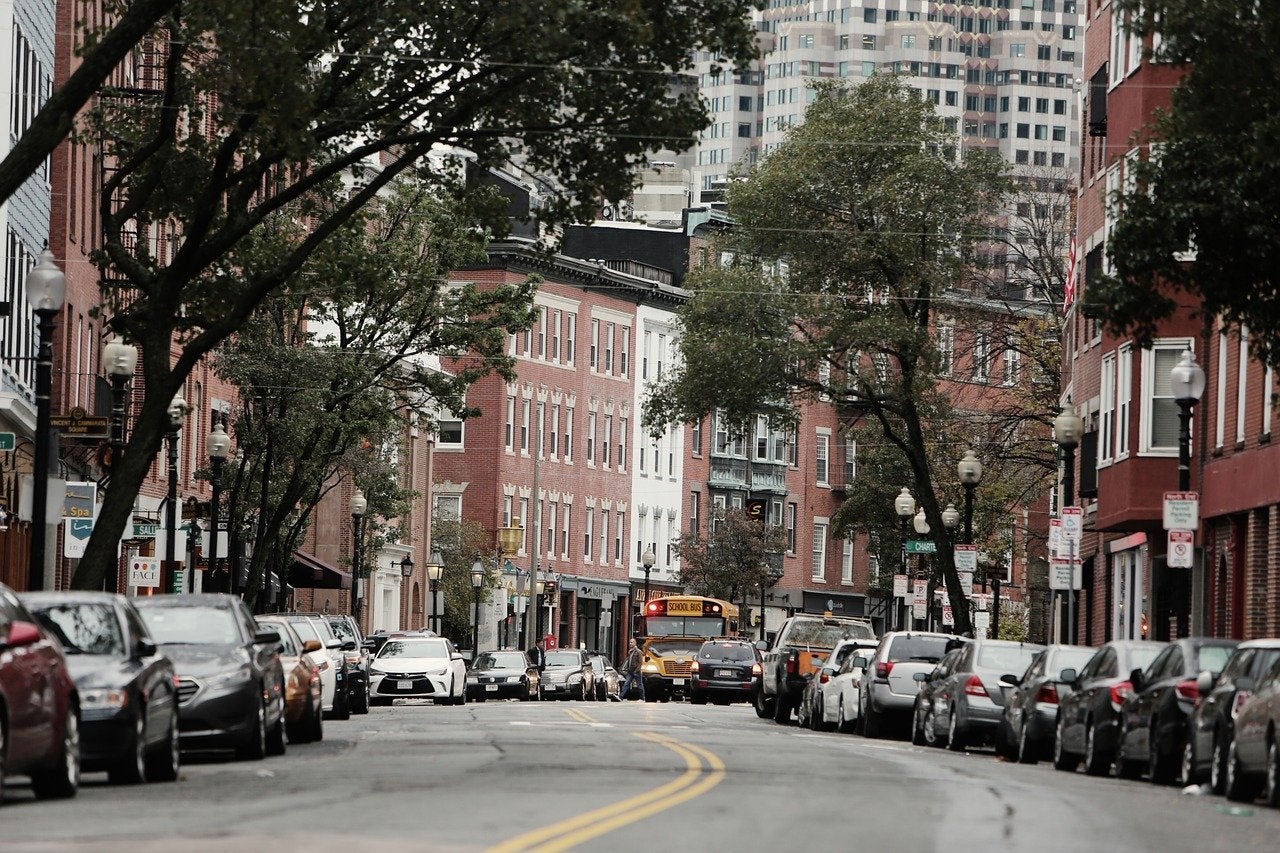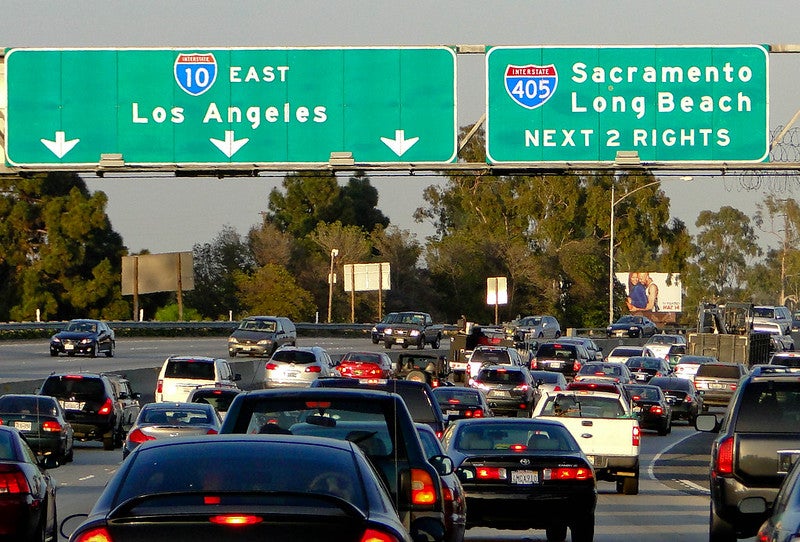A study on the health and equity benefits of curbing carbon emissions from the transportation sector by investing in walking, cycling, and public transit infrastructure has been published in the Journal of Urban Health. The research was led by Boston University with the Center for Climate, Health, and the Global Environment at Harvard T.H. Chan School of Public Health.
The study is part of the Transportation, Equity, Climate, and Health project (TRECH), a multi-university research team from Harvard T.H. Chan School of Public Health, Boston University, University of North Carolina, and Columbia University, which analyzes policy scenarios to address carbon pollution from the transportation sector.
Key Takeaways
- The health benefits of improved access to biking, walking, and public transit far exceed the estimated infrastructure costs in the Transportation Climate Initiative (TCI) scenarios examined by the TRECH team. These benefits are also larger than the estimated air quality and climate benefits, highlighting the importance of transportation alternatives.
- If all states joined TCI and made the large investments into active mobility and public transit assumed in the scenarios examined, then as many as 770 lives could be saved each year due improved health from increased biking and walking when the program is fully implemented.
- The largest estimated benefits occur in the most populous states of New York, New Jersey, Pennsylvania, and Maryland. But our maps show that all parts of the region could see health benefits if investments are broadly distributed.
- The large health benefits that can occur through access to biking, walking, and public transit underscore the importance of prioritizing investments to achieve more equitable outcomes for local communities that have historically had fewer transportation options.
Authors
Matthew Raifman, Boston University; Kathy Fallon Lambert, Harvard Chan School; Jonathan Levy, Boston University; Patrick L. Kinney, Boston University.
Related












